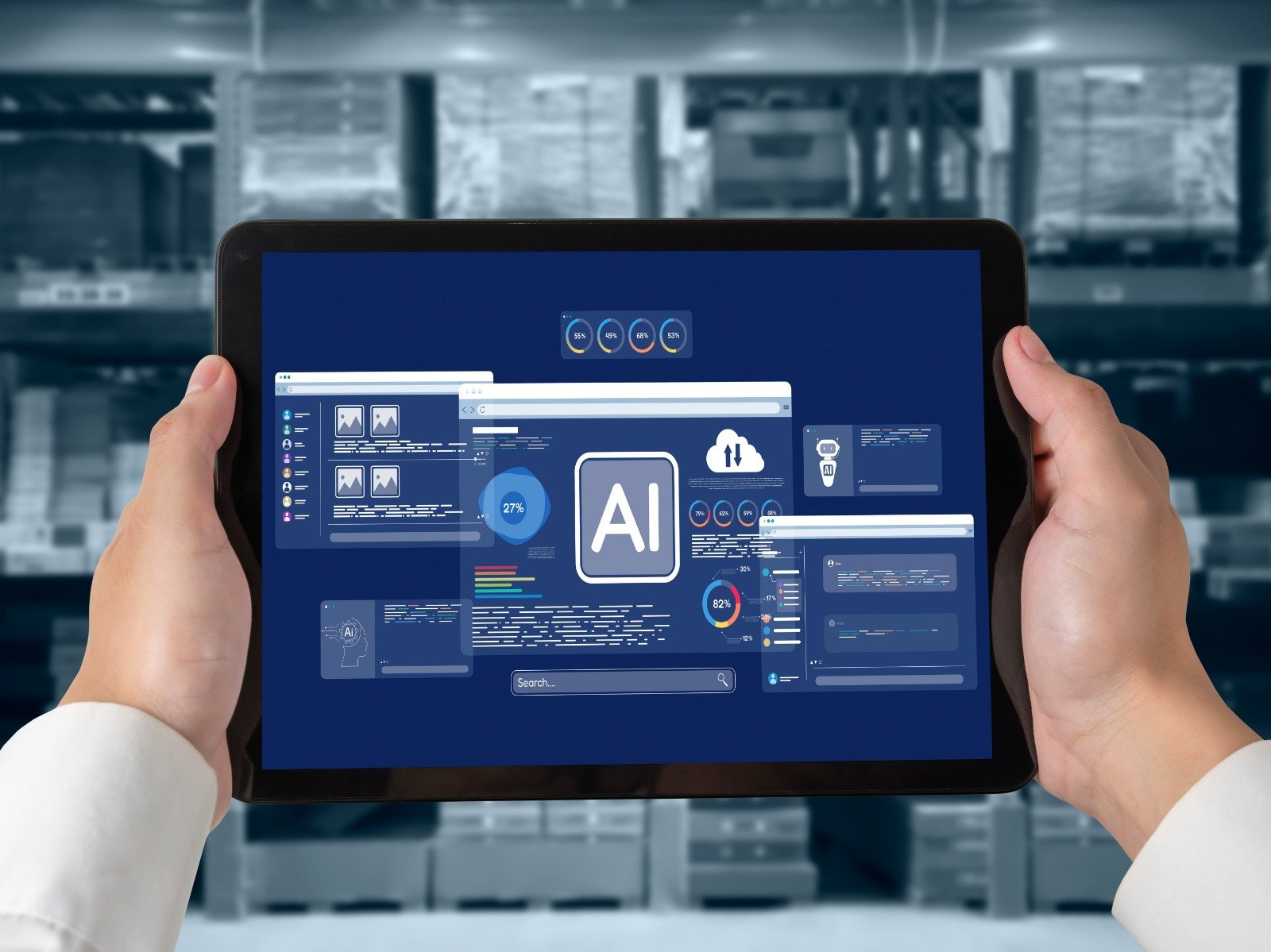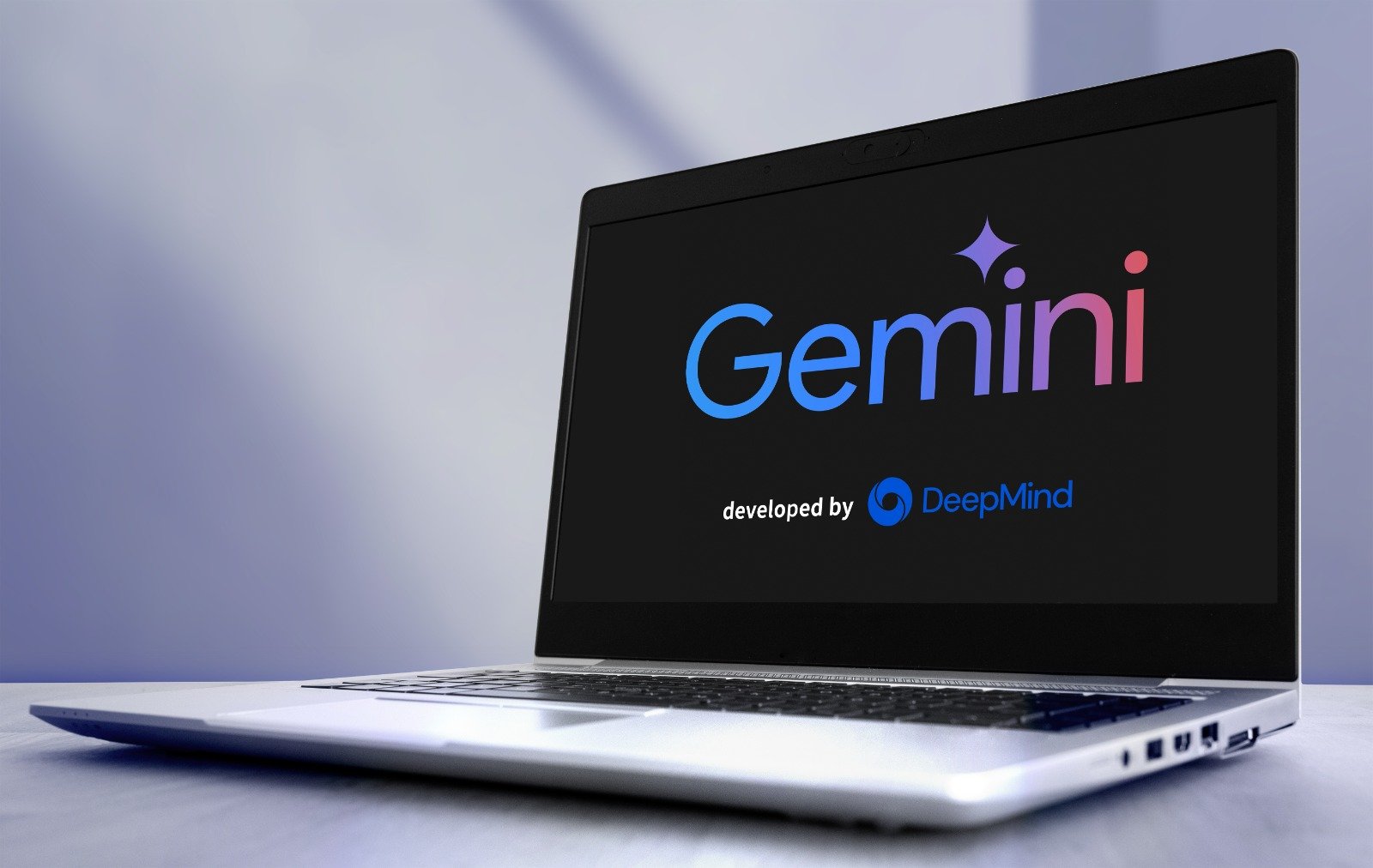Cloud computing is no longer optional—it’s the foundation for modern business growth, innovation, and scalability. Among the many providers available, two stand tall: Amazon Web Services (AWS) and Google Cloud Platform (GCP).
Both deliver powerful tools for building, running, and scaling applications, but they differ in focus, pricing, and unique strengths. This guide breaks down their core services, pricing models, performance, security, and special features—helping you decide which platform best aligns with your strategy.
Core Services
Compute
-
AWS EC2 (Elastic Compute Cloud): Highly flexible, with countless options for processors, storage, and networking. Its breadth makes it ideal for custom workloads.
-
GCP Compute Engine: Comparable to EC2 but often more cost-effective, with strong sustained-use discounts.
Storage
-
AWS S3: The industry standard in object storage—secure, scalable, and performance-focused.
-
GCP Cloud Storage: Equally strong in reliability but simpler in pricing, often cheaper for outbound transfers.
Databases
-
AWS RDS: Fully managed service supporting PostgreSQL, MySQL, MariaDB, Oracle, and SQL Server.
-
GCP Cloud SQL: Similar ease of use, with tight integration into GCP’s ecosystem.
Big Data & Analytics
-
AWS EMR: Open-source-based big data processing (Spark, Hadoop, HBase).
-
GCP BigQuery: Serverless, lightning-fast, and ideal for massive datasets with minimal setup.
AI & Machine Learning
-
AWS SageMaker: End-to-end ML development, from training to deployment.
-
GCP AI Platform: Backed by Google’s AI leadership and TensorFlow integration, making it particularly strong for ML-driven applications.
Summary: AWS provides more breadth, while GCP shines in data analytics and AI/ML integration.
Pricing
Free Tiers
Both offer limited free tiers—useful for testing or small-scale projects.
Pay-as-you-go
Standard on both platforms: you pay only for what you use, ideal for unpredictable workloads.
Long-term Discounts
-
AWS Reserved Instances: Commit to a specific instance type for 1–3 years for major savings.
-
GCP Committed Use Discounts: Similar, but more flexible—discounts apply across multiple services, not just compute.
Key Differences
-
Compute: GCP often comes out cheaper for compute-optimized workloads, while AWS can be more competitive for general-purpose or memory-heavy use cases.
-
Storage: GCP’s flat regional pricing simplifies budgeting. AWS uses a tiered model that can benefit high-volume users with variable access needs.
Verdict: GCP tends to be more cost-transparent and flexible; AWS rewards long-term, predictable workloads.
Performance
Network Throughput
-
AWS: Consistently strong, bolstered by its global CloudFront CDN.
-
GCP: Comparable, but varies slightly by region and setup.
Processing Power
-
AWS & GCP: Both offer high-performance options; GCP’s custom hardware (like TPUs) can outperform AWS in ML-heavy workloads.
Latency
-
AWS: Generally lower latency thanks to its mature global infrastructure.
-
GCP: Improving rapidly, especially in new regions.
Reliability
Both platforms deliver high uptime. Some argue that GCP outages have less impact due to its customer base, whereas AWS disruptions often ripple across global enterprises.
Verdict: AWS leads in throughput and latency; GCP can edge out in compute-intensive, ML-driven tasks.
Security
Shared Features
-
Identity and Access Management (IAM) with fine-grained permissions.
-
Strong encryption at rest and in transit.
-
Compliance with major global standards.
-
Built-in threat detection and monitoring.
AWS Advantages
-
Amazon Inspector: Automated vulnerability assessments.
-
AWS WAF: Strong protection against common web exploits.
GCP Advantages
-
Cloud Key Management Service (KMS): Centralized cryptographic key management.
-
Chronicle: Enterprise-grade security analytics and threat detection.
Verdict: Both excel, but GCP leans into analytics-driven security, while AWS emphasizes infrastructure hardening.
Unique Features
GCP
-
Firebase: End-to-end mobile development platform with authentication, real-time databases, and analytics.
-
AI/ML Leadership: Deep TensorFlow integration and cutting-edge ML tools.
-
Serverless First: Cloud Functions and Cloud Run simplify deployment.
-
BigQuery: Unmatched speed and scalability for analytics.
AWS
-
Amazon Kinesis: Real-time streaming data processing for IoT and event-driven apps.
-
Lambda@Edge: Execute code closer to users for ultra-low latency.
-
Amazon Detective: ML-powered security investigation and response.
-
Amazon Sumerian: No-code VR/AR/3D application builder.
Verdict: GCP is developer- and data-focused; AWS caters to enterprises with real-time, edge, and immersive capabilities.
Executive Considerations
Market Focus
-
AWS: Enterprise powerhouse—ideal for complex, mission-critical workloads.
-
GCP: Historically favored startups and developers, but now a strong choice for cost-sensitive, AI-driven, and data-intensive applications.
Ease of Use
-
AWS: Comprehensive but complex; steeper learning curve.
-
GCP: Streamlined, intuitive, and easier for smaller teams.
Community & Support
-
AWS: Vast community, extensive documentation, and robust tiered support.
-
GCP: Smaller but rapidly growing, with a strong open-source and developer-friendly ethos.
Final Thoughts
There’s no one-size-fits-all answer:
-
Choose AWS if you need maximum service variety, global reach, low-latency networking, or enterprise-grade reliability.
-
Choose GCP if your priorities are cost efficiency, AI/ML innovation, analytics power, or developer-friendly simplicity.
Many businesses find success with a multi-cloud strategy, leveraging AWS’s infrastructure dominance alongside GCP’s data and AI expertise. Ultimately, the “better” provider is the one that aligns most closely with your workloads, compliance needs, and growth plans.




